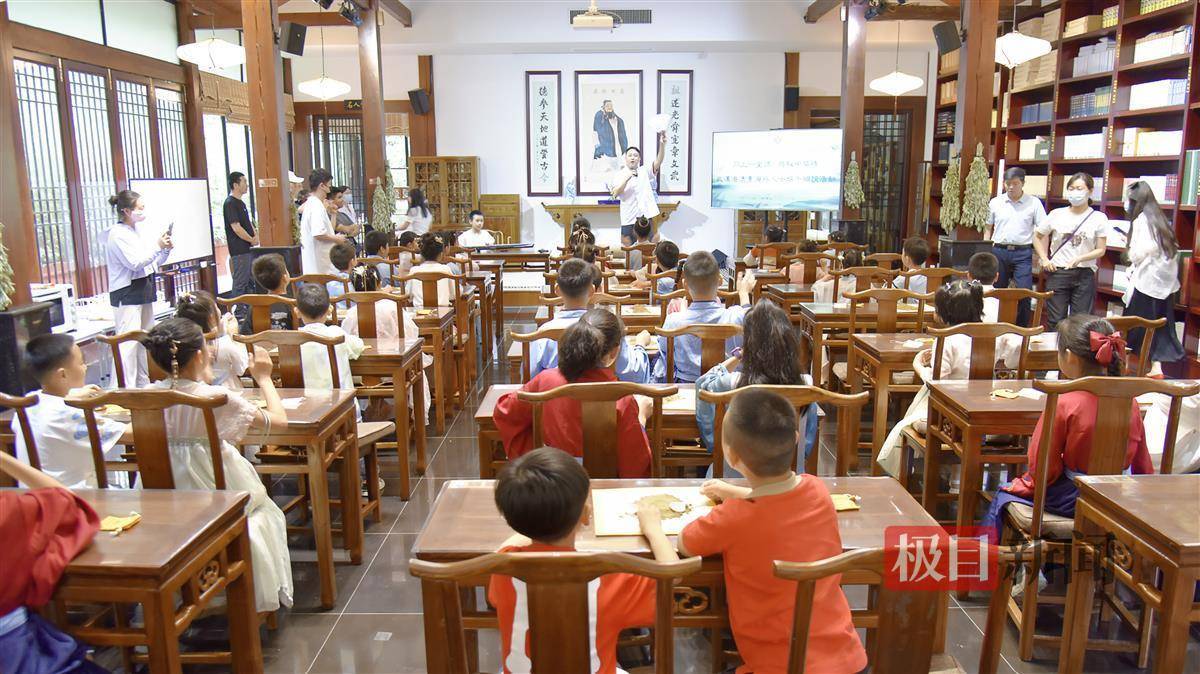"The Impact of Transportation on National Development"
Transportation plays a crucial role in the development of a country, acting as a lifeblood that nourishes and sustains various aspects of a nation's growth.
I. Facilitating Economic Growth
Firstly, an efficient transportation system is the backbone of a prosperous economy. It enables the smooth movement of goods and services. Just like the veins in a human body, roads, railways, waterways, and airways transport raw materials from source areas to manufacturing plants and distribute finished products to consumers across the country and even around the world. This not only reduces production costs by minimizing transportation time and expenses but also enhances the competitiveness of domestic products in the international market.
For example, a well - developed port can handle a large volume of import and export goods, promoting international trade and attracting foreign investment. In addition, a comprehensive transportation network connects different regions within a country, facilitating the specialization and division of labor. Areas with rich resources can focus on extraction and supply, while other regions can concentrate on processing and manufacturing, thus maximizing economic efficiency.
II. Promoting Regional Integration and Balanced Development
Secondly, transportation helps to integrate different regions and promote balanced development. By improving transportation infrastructure in less - developed areas, these regions can be better connected to the economic centers, enabling the flow of capital, technology, and human resources. This 缩小 the gap between regions and realizes a more even distribution of economic opportunities.
High - speed railways, for instance, have greatly shortened the travel time between cities, making it easier for people to work and live in different places. This has led to the development of satellite cities and urban agglomerations, spreading economic activities and reducing over - concentration in big cities. As a result, smaller towns and rural areas can also benefit from economic growth and enjoy improved living standards.
III. Enhancing Social Mobility and Cultural Exchange
Transportation also has a profound impact on social mobility and cultural exchange. It allows people to travel freely for work, education, and tourism. This movement of people breaks down geographical barriers and enriches people's lives. Workers can find better job opportunities in different places, and students can access high - quality education resources in other regions.
Moreover, the ease of travel promotes cultural exchanges between different regions and countries. People can experience different cultures, customs, and ideas, which in turn promotes mutual understanding and tolerance. This cultural exchange not only enriches people's spiritual world but also serves as a driving force for innovation and creativity. It blends different cultural elements and inspires new ideas and art forms, contributing to the progress of human civilization.
IV. Challenges and Solutions
However, the development of transportation also brings some challenges. For example, the construction of transportation infrastructure requires a large amount of investment, and the operation and maintenance of transportation systems may cause environmental pollution and energy consumption. To address these issues, countries need to adopt sustainable transportation strategies. This includes promoting the use of public transportation, developing clean energy vehicles, and improving transportation management and planning to reduce traffic congestion and environmental impacts.
In conclusion, transportation is an indispensable driving force for national development. It promotes economic growth, regional integration, social mobility, and cultural exchange. As countries continue to advance, they should attach great importance to the development of transportation and strive to build a more efficient, sustainable, and inclusive transportation system to create a better future for their people.
Title: The Profound Impact of Transportation on National Development: An Analytical Essay for High School Students
In the intricate tapestry of national progress, transportation stands as a vital thread, weaving together economic growth, social cohesion, and cultural exchange. Its significance extends far beyond mere mobility, shaping the very fabric of a nations development trajectory. This essay delves into the multifaceted ways in which transportation influences the growth and prosperity of a country, examining its impact on economic vitality, social equity, and global integration.
Economic Vitality
At the heart of any nations development lies its economy, and transportation is a cornerstone upon which this prosperity is built. Efficient transportation networks facilitate the seamless flow of goods and services across regions, reducing transaction costs and enhancing market access. For instance, the construction of highways and railways has revolutionized supply chains, enabling businesses to expand their reach and tap into new markets. This, in turn, stimulates industrialization, job creation, and ultimately, economic growth. Moreover, modern ports and airports serve as gateways to international trade, fostering exports and attracting foreign investment, further bolstering a countrys economic standing.
Social Equity
Beyond economic gains, transportation plays a pivotal role in promoting social equity. Improved infrastructure connects remote and rural areas with urban centers, bridging the divide between haves and have-nots. This not only ensures access to essential services like healthcare and education but also fosters a sense of unity and belonging among citizens. Additionally, public transportation systems, when well-planned and executed, can significantly reduce travel costs for low-income households, making it easier for them to participate in the workforce and contribute to society. Thus, transportation becomes a tool for social mobility, empowering individuals to transcend their circumstances and aspire for better lives.
Global Integration
In todays interconnected world, transportation is the lifeblood of global integration. Advanced air travel and shipping routes have shrunk distances, enabling countries to collaborate on projects, share knowledge, and address global challenges like climate change and pandemics. The ease of international travel also fosters tourism, a vital sector that contributes significantly to many economies. Furthermore, digital advancements in transportation, such as the Internet of Things and autonomous vehicles, are paving the way for new forms of economic cooperation and cultural exchange. By facilitating the free flow of ideas, people, and resources, transportation strengthens the bonds between nations, fostering a more harmonious and interconnected global community.
Conclusion
In conclusion, transportation is a cornerstone of national development, its influence extending across economic, social, and global dimensions. By enhancing economic vitality, promoting social equity, and fostering global integration, transportation empowers nations to achieve sustainable growth and prosperity. As such, investing in transportation infrastructure should be a priority for any government seeking to propel its country forward on the path of development. By embracing innovation and adopting forward-thinking policies, nations can harness the full potential of transportation to shape a brighter, more interconnected future for all.
(责编: admin1)
免责声明:本文为转载,非本网原创内容,不代表本网观点。其原创性以及文中陈述文字和内容未经本站证实,对本文以及其中全部或者部分内容、文字的真实性、完整性、及时性本站不作任何保证或承诺,请读者仅作参考,并请自行核实相关内容。







